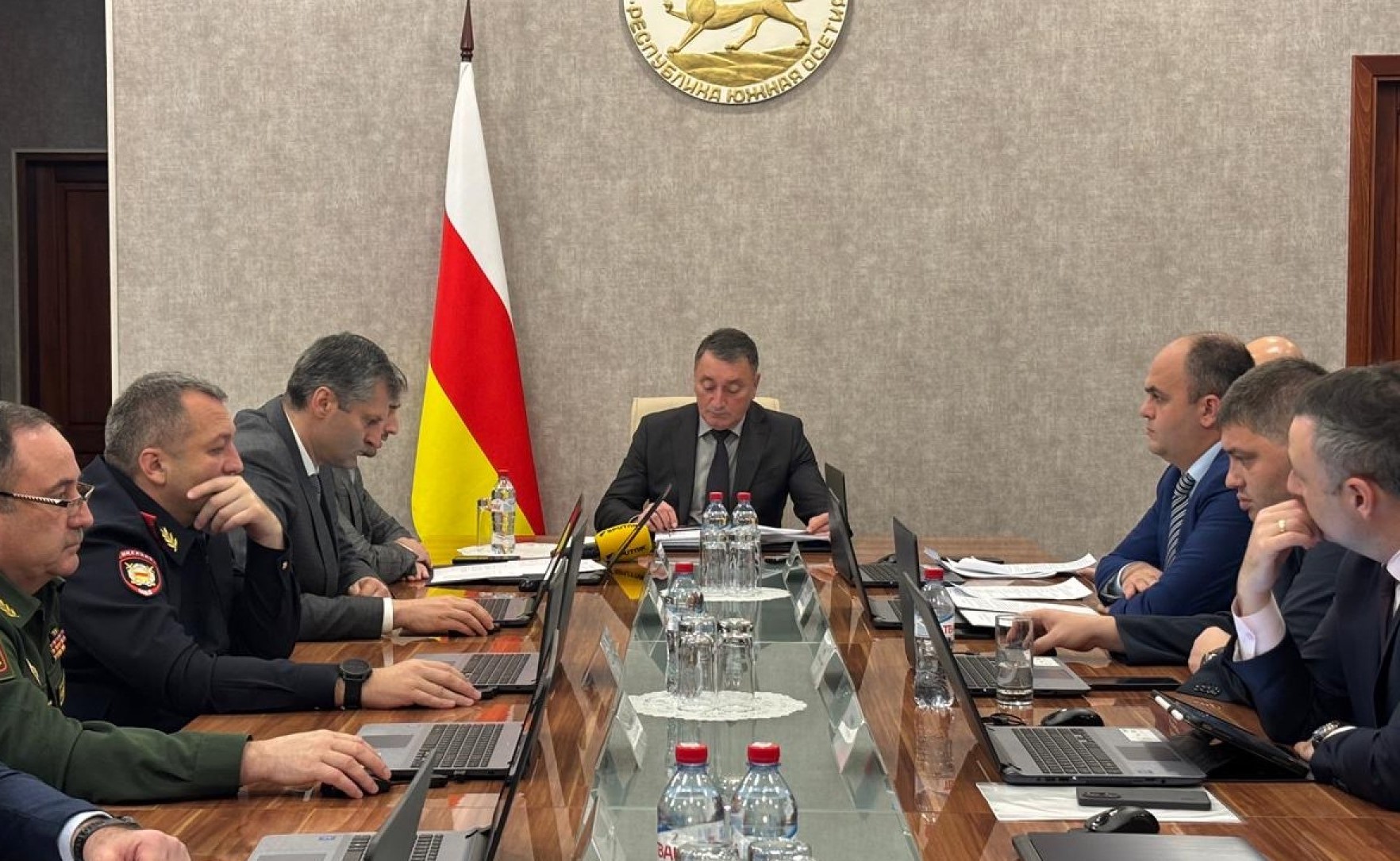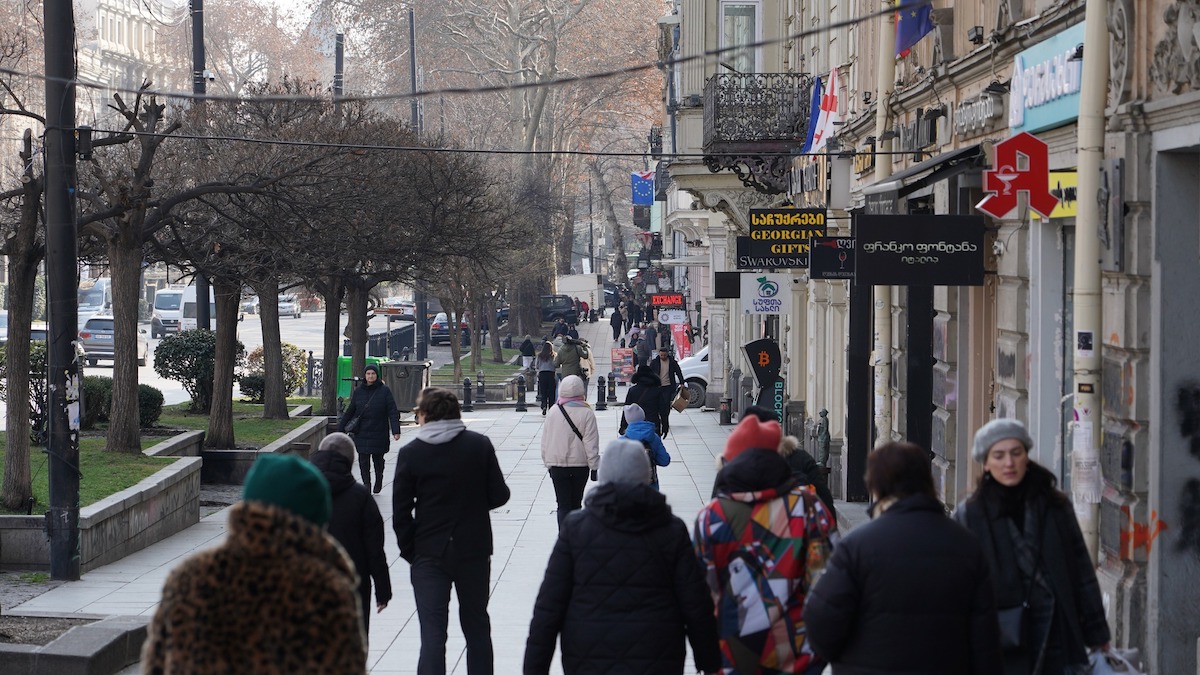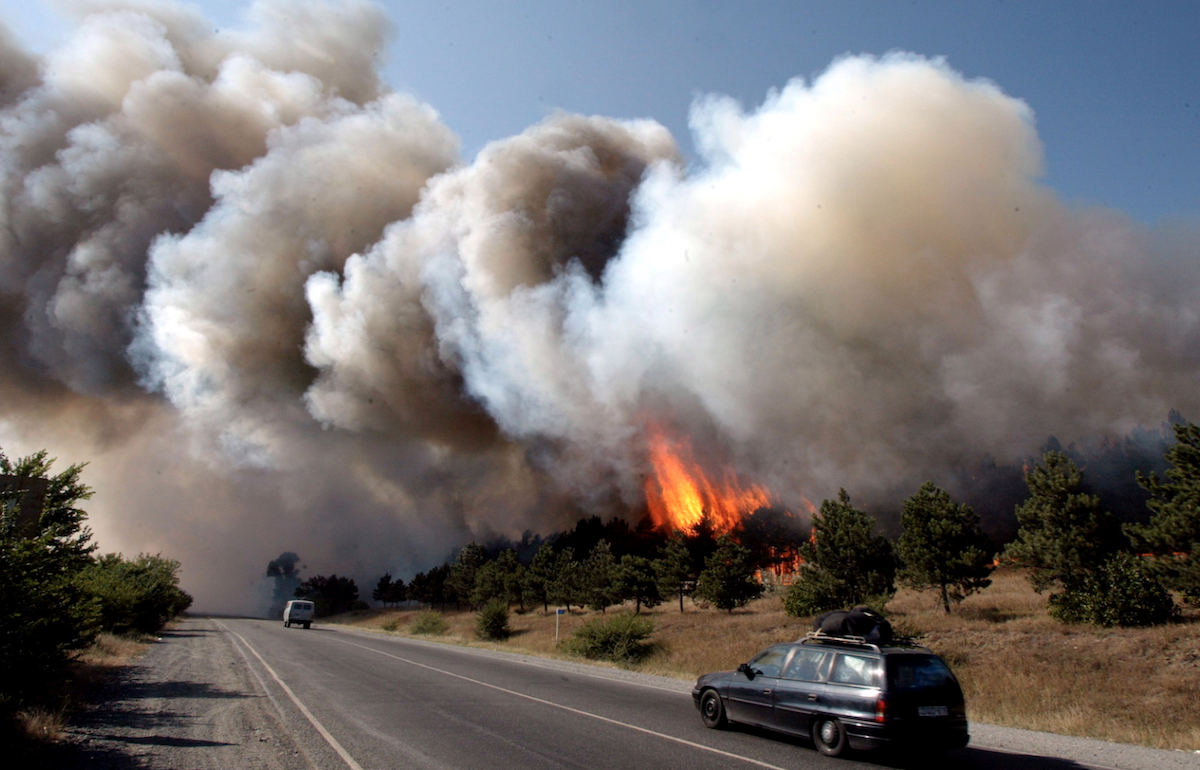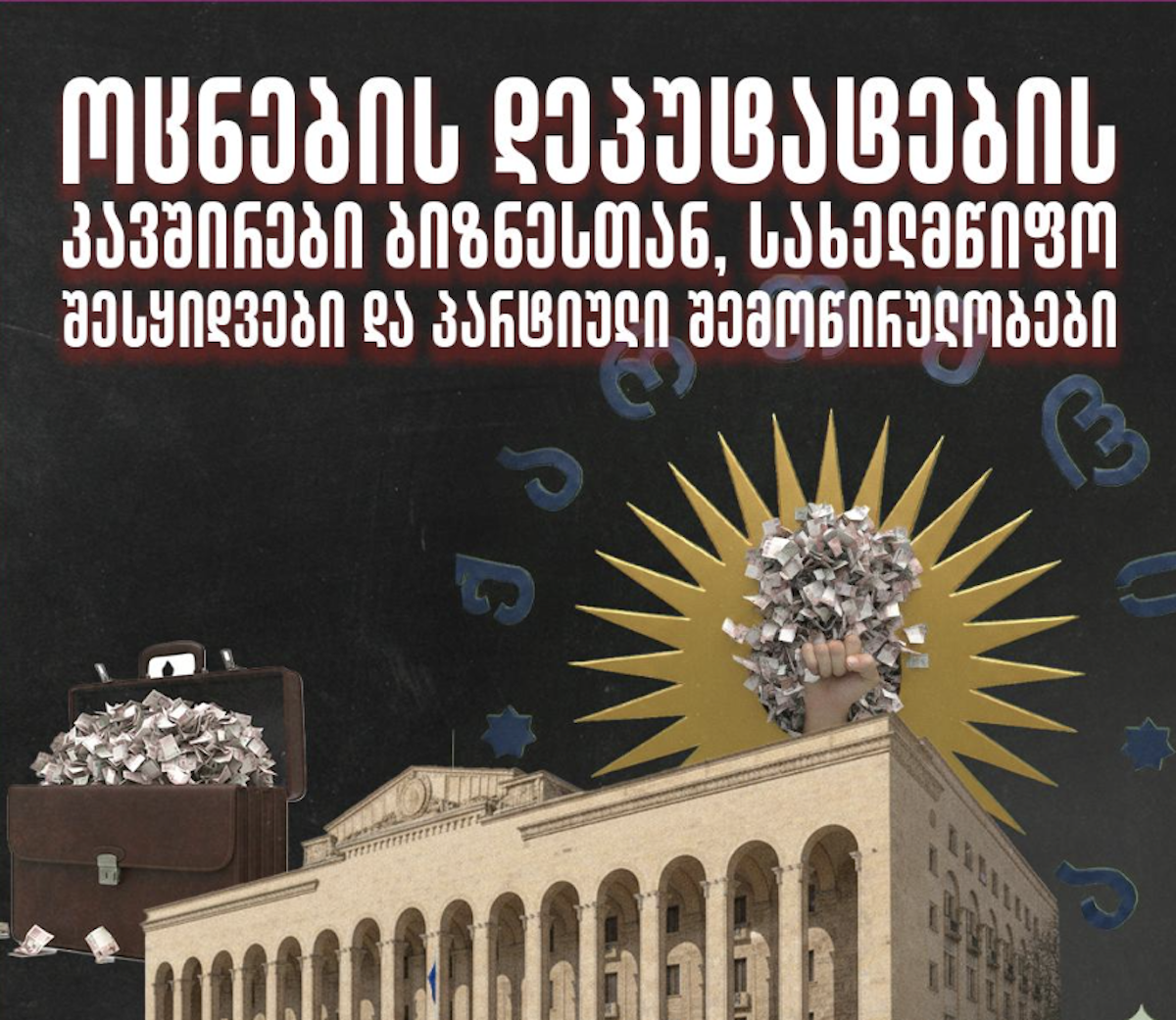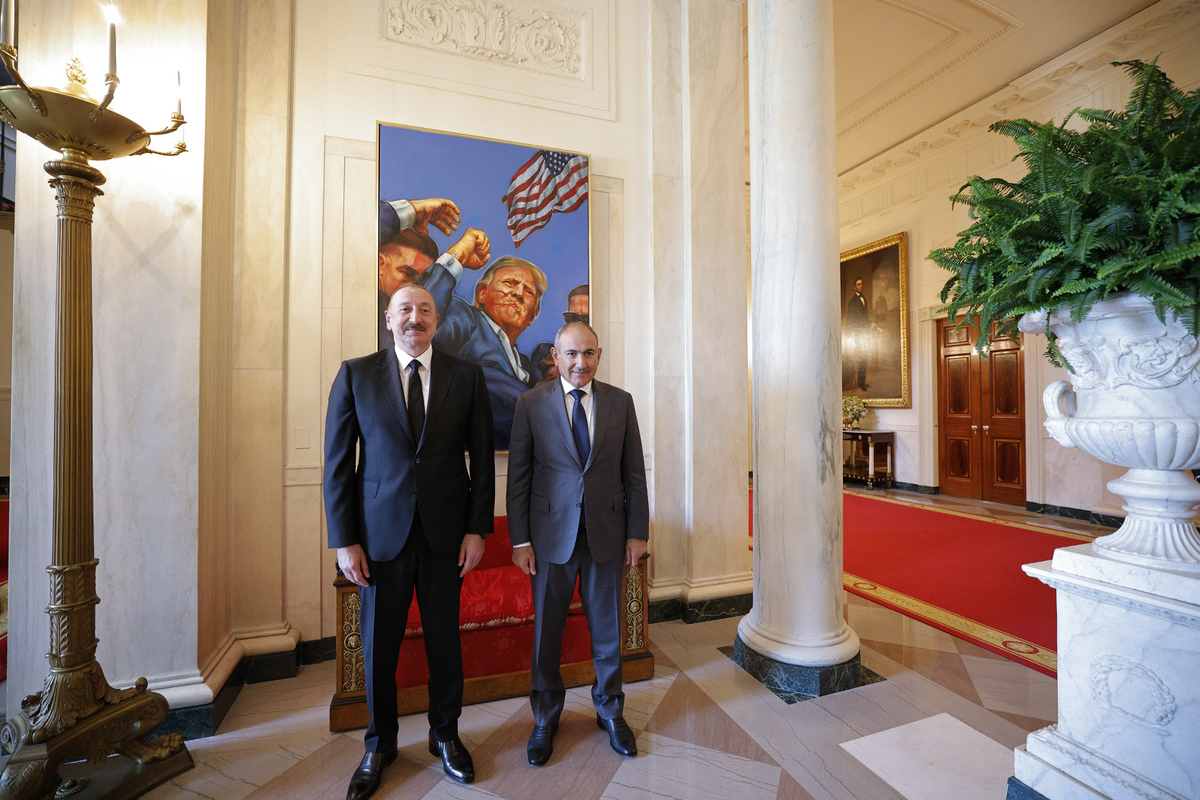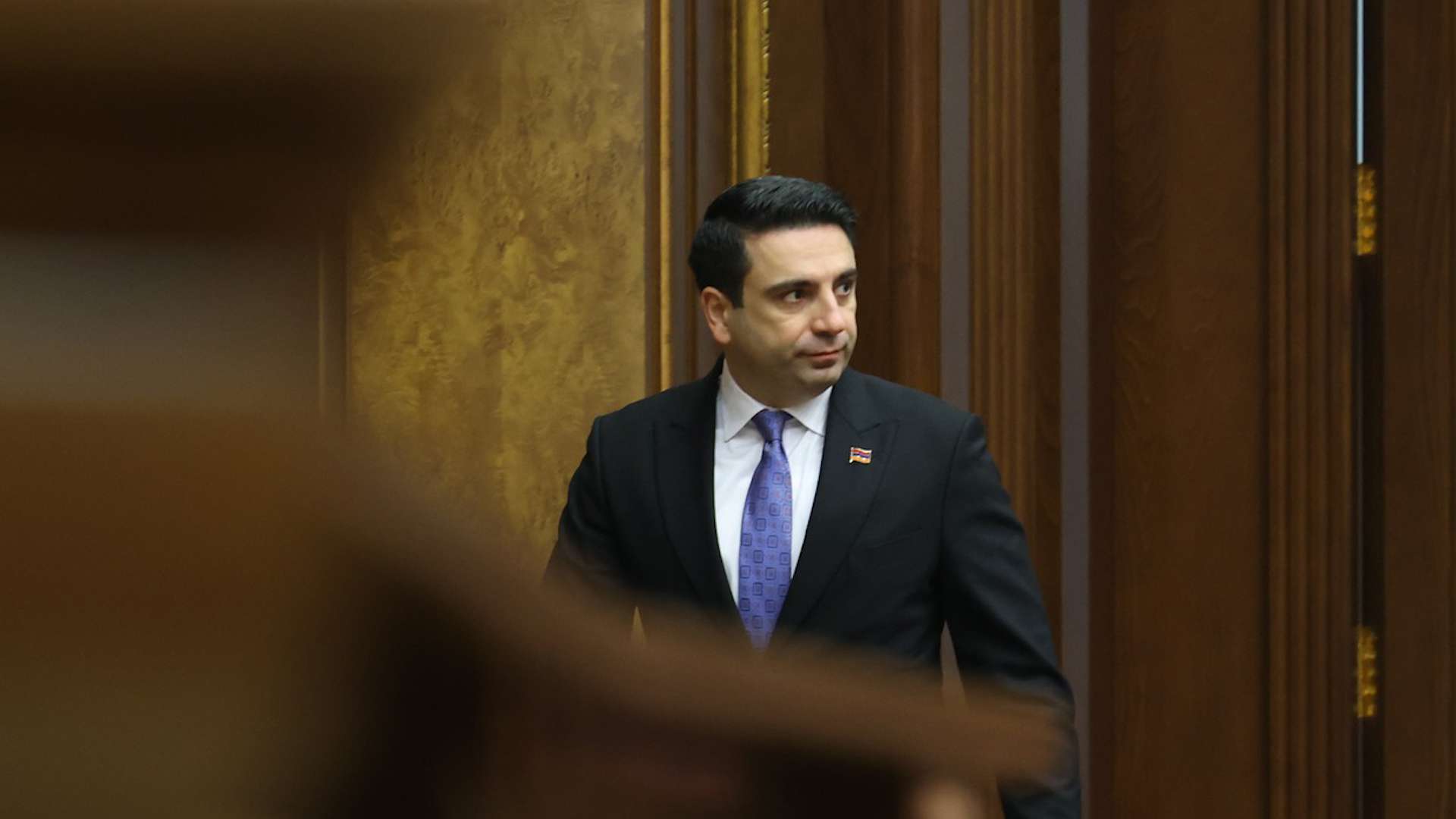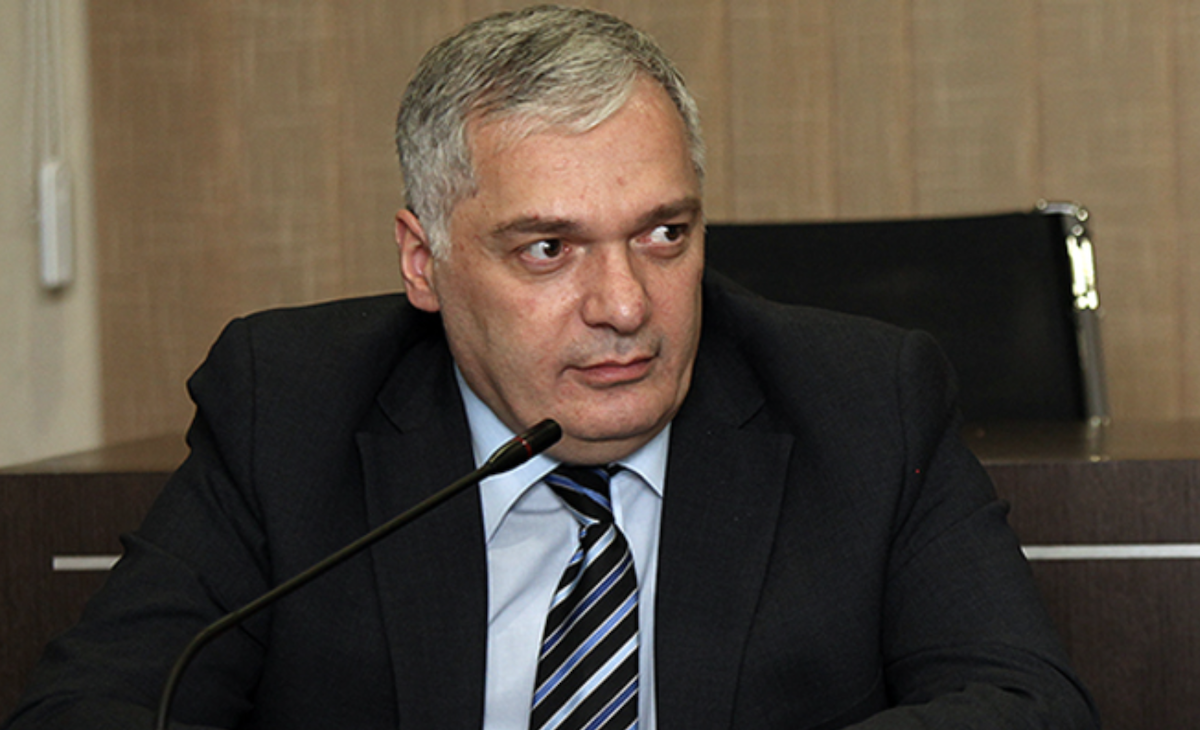How coronavirus forced Belarusian officials to be more communicative
Belarus is the only country in Europe that has not closed its borders and has not yet imposed coronavirus quarantine restrictions at the official level. There are fewer people on the streets and in shops, but only around one in five people are wearing medical masks. Public transport is still running. The football stadiums are full of fans.
Doctors here, as well as around the world, are urging people to stay at home. However, these recommendations are neutralized by skeptical statements given by President Alexander Lukashenko, for example: “There are no viruses here. Didn’t you hear that they’re airborne now? I don’t see them either.”
The coronavirus pandemic brought the Belarusian Ministry of Health out of hibernation. An organization which is usually slow and begrudging to offer commentary (especially to non-governmental media sources), the ministry suddenly started a channel on Telegram, began holding regular press briefings, and broadcast its press conferences on youtube.
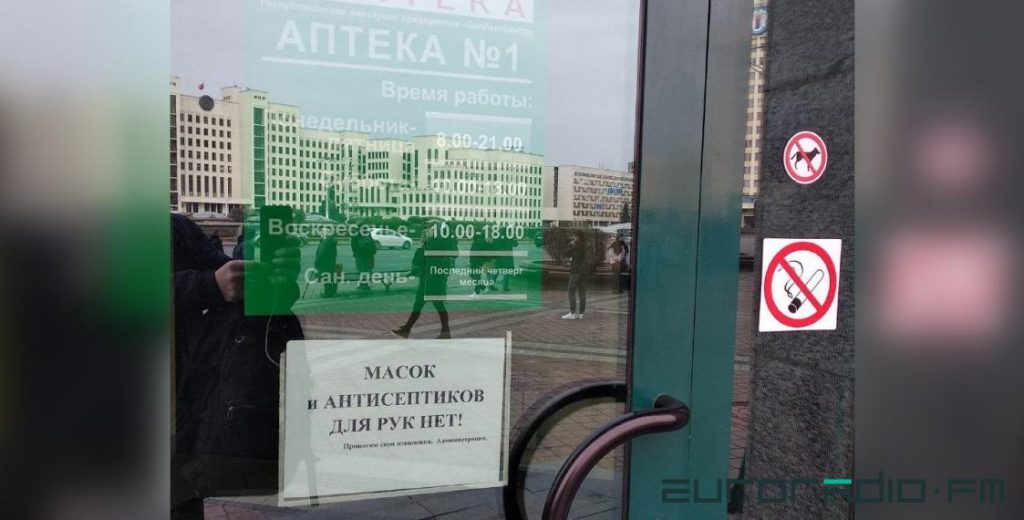
Oncologist Vladimir Karanik, who was appointed half a year ago by the Minister of Health, appears constantly on TV and youtube, along with other doctors and officials reassuring the public.
The virus was first transmitted to Belarus from Azerbaijan on the morning of February 28. The incident was reported not by any major independent Telegram channel, but by the press service of the Ministry of Health. Then she began to diligently explain the measures authorities are taking.
A little later, the ministry launched its own Telegram channel, which currently has more than 30,000 subscribers.
And this is the same agency that, until recently, offered no comments to journalists.
However, the Ministry of Health very soon returned to its old habits of communication. This switch coincided with the first statements of Alexander Lukashenko about coronavirus. On March 12, after speaking to the Minister of Health, President Lukashenko began to reassure Belarusians: there is no need to create unnecessary hype around medical masks, everyone will have enough: “We have no reason to panic”; “Our doctors are on top of it.”
At that time, there were 21 reported cases of coronavirus in Belarus.
Ironically, on the same day, doctors in protective suits went to two tennis centers in Minsk and one of the departments of Belarusian State University. Journalists learned about this not from the state, but from unofficial sources.
And in the evening, a spokesperson from the Ministry of Health spoke about a Belarusian businessman who hid his trip to Northern Italy and had contact with nine dozen people. She gave this information and then promptly “left for the weekend.” The country had to wait two days before receiving any more data on coronavirus.
It soon became clear that the Ministry of Health had essentially decided to provide Belarusians with statistics on the spread of coronavirus not in real time, and not daily, but every two days, because “nothing extraordinary is happening in the country.” The record number of days with no new info is three.
In mid-March, Euroradio learned that a sixth grader from a school in a residential area of Minsk had been diagnosed with coronavirus. However, the head of the press service of the Ministry of Health refused to confirm this information, saying that this was the child’s “personal information” and citing “medical confidentiality.”
“Why are some Belarusian journalists and bloggers just waiting for people to die from the virus?” asked the Belarusian Ministry of Health, responding to an article published by independent news agency “Nasha Niva” that a patient diagnosed with coronavirus had died in Vitebsk. The department accused the media of spreading panic and said that media agencies “interfere greatly with the work” of doctors.
Thus, the experiment begun by the Belarusian authorities to keep everything open during the epidemic was unsuccessful.
“The break in the usual lack of information, especially because it is so brief, is not confidence-inspiring. Moreover, there are always doubts about the official statistics. If only because it they are very different from the data in other countries,” writes Pavel Sverdlov, editor-in-chief of Euroradio.










